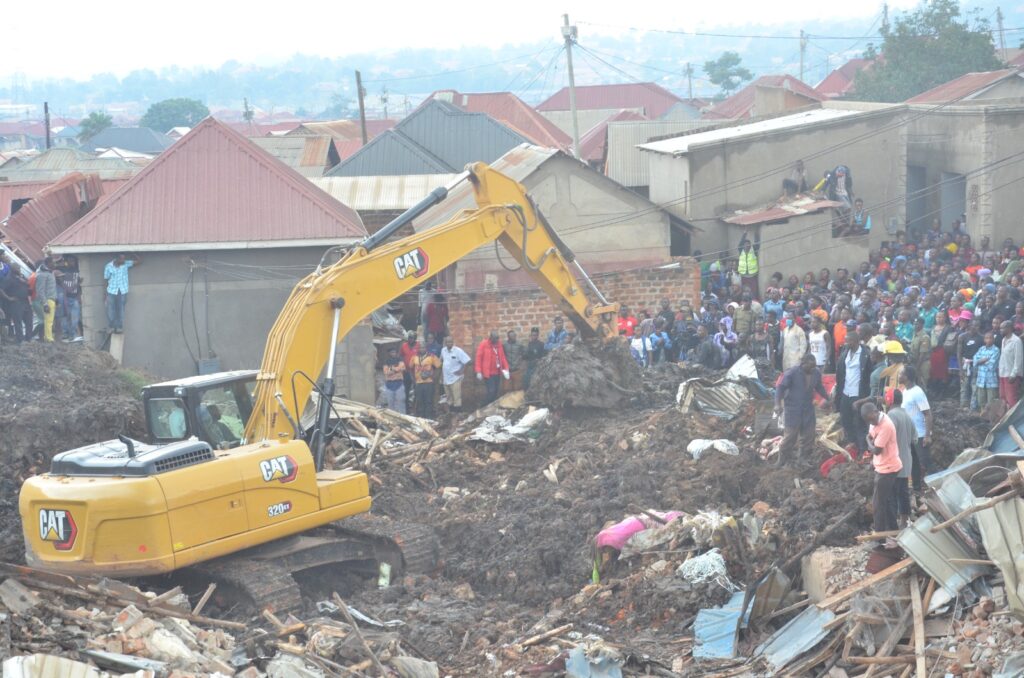The Government is working on a Cabinet paper to address both short-term and long-term needs of waste management, as stated by Prime Minister Robinah Nabbanja in response to concerns raised by Members of Parliament (MPs) after the collapse of the Kiteezi landfill in Kasangati Town Council, Wakiso District on August 10, 2024.
The collapse resulted in the death of 34 people and the displacement of 265 others.
There is a growing call among MPs to relocate the residents living near the landfill, which has been Kampala’s primary waste disposal site since 1997, handling 2,500 tonnes of waste daily.
During the plenary session on Thursday, August 15, 2024, Nakawa Division East MP, Hon. Ronald Balimwezo, reported that since the closure of Kiteezi, the short-term solution was to redirect waste to a site in Entebbe, located about 35 kilometers from the capital.
However, Entebbe’s leadership has blocked Kampala Capital City Authority (KCCA) garbage trucks from accessing their site.
“These trucks are now stranded, filled with garbage on the roadside. Residents and private collectors have started dumping waste on roads, in drains, and creating illegal dump sites in swamps,” Balimwezo stated.
He warned of a potential outbreak due to the waste collection dilemma and urged the Government to negotiate with Entebbe’s leaders to accept the transfer of waste from Kiteezi.
Nabbanja affirmed the Government’s commitment to finding a comprehensive solution.
She explained, “This issue indeed requires a collective approach. Entebbe and KCCA have been in discussions, and while there are differing views, we are working on a Cabinet paper to address both short-term and long-term needs.”
She outlined the current efforts to manage the crisis, including utilizing additional land at Kiteezi.
“The Government has four extra acres available and plans to use existing excavators to expand the site. This should help accommodate more waste in the short term,” she added.
The Premier also appealed to MPs to support relocating some residents from Kiteezi, saying, “Why can’t you members support us so that we can relocate these people and expand the area? Kitezi is nearby, and we have over 29 hectares. I request that this matter should not be politicized.”
Among the future plans, Nabbanja said they are considering incinerators and learning from other countries, such as Ethiopia, which have faced similar challenges.
We must move forward without politicizing the issue.
Deputy Speaker Thomas Tayebwa supported the idea of relocating residents, suggesting an alternative approach:
“Instead of relocating waste to Dundu, which is quite distant, why not relocate the families around Kiteezi to Dundu? This would allow us to maintain and manage the Kitezi site more effectively.”

